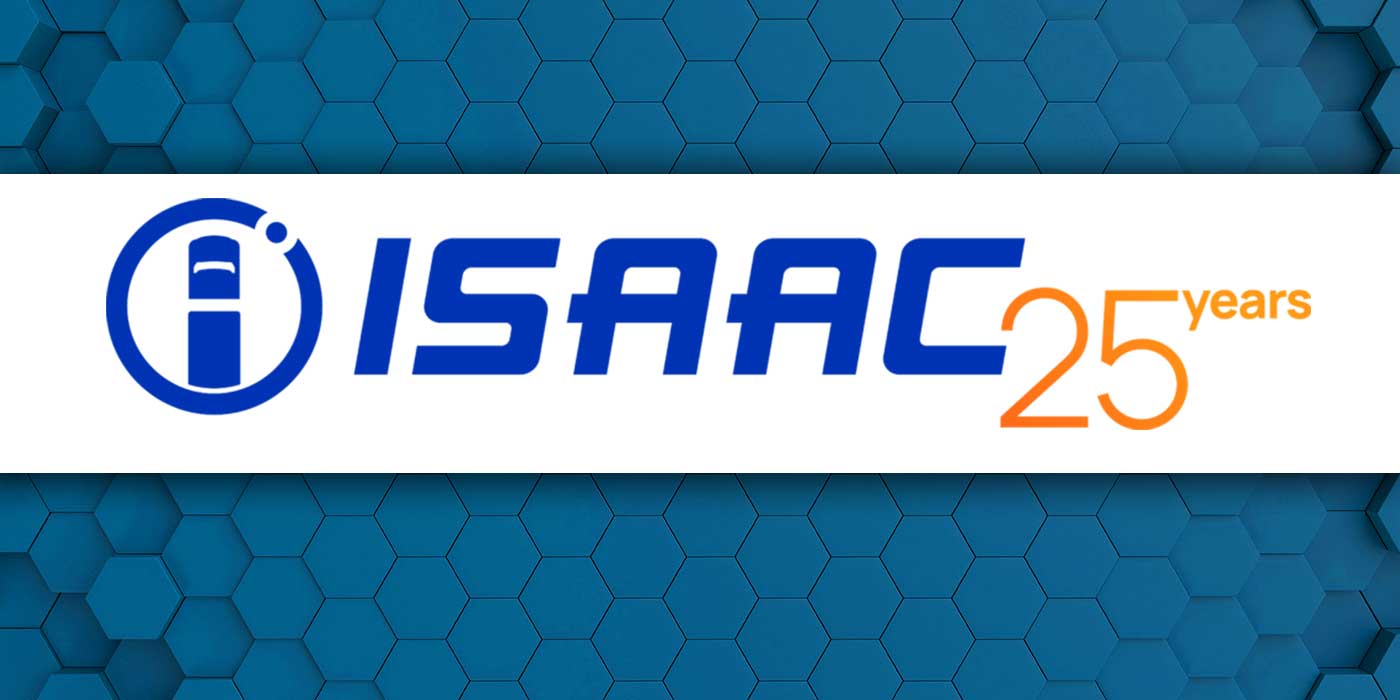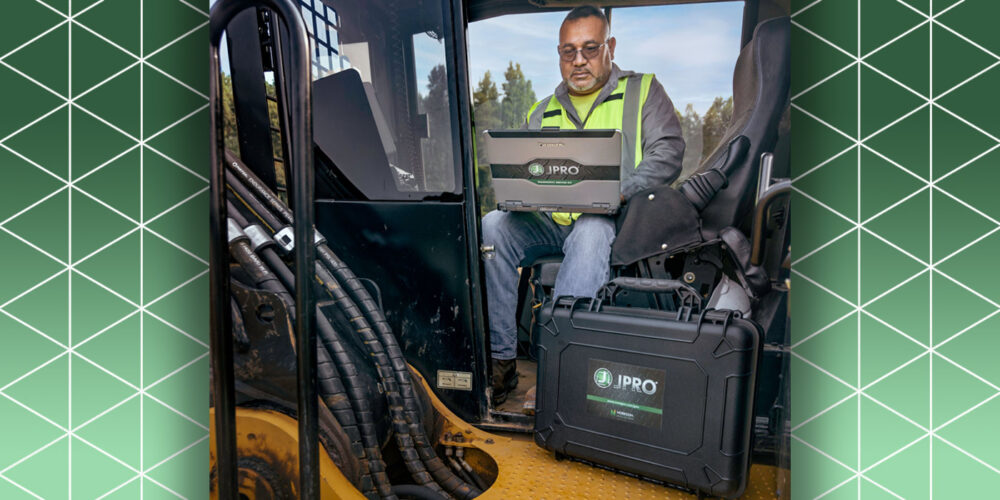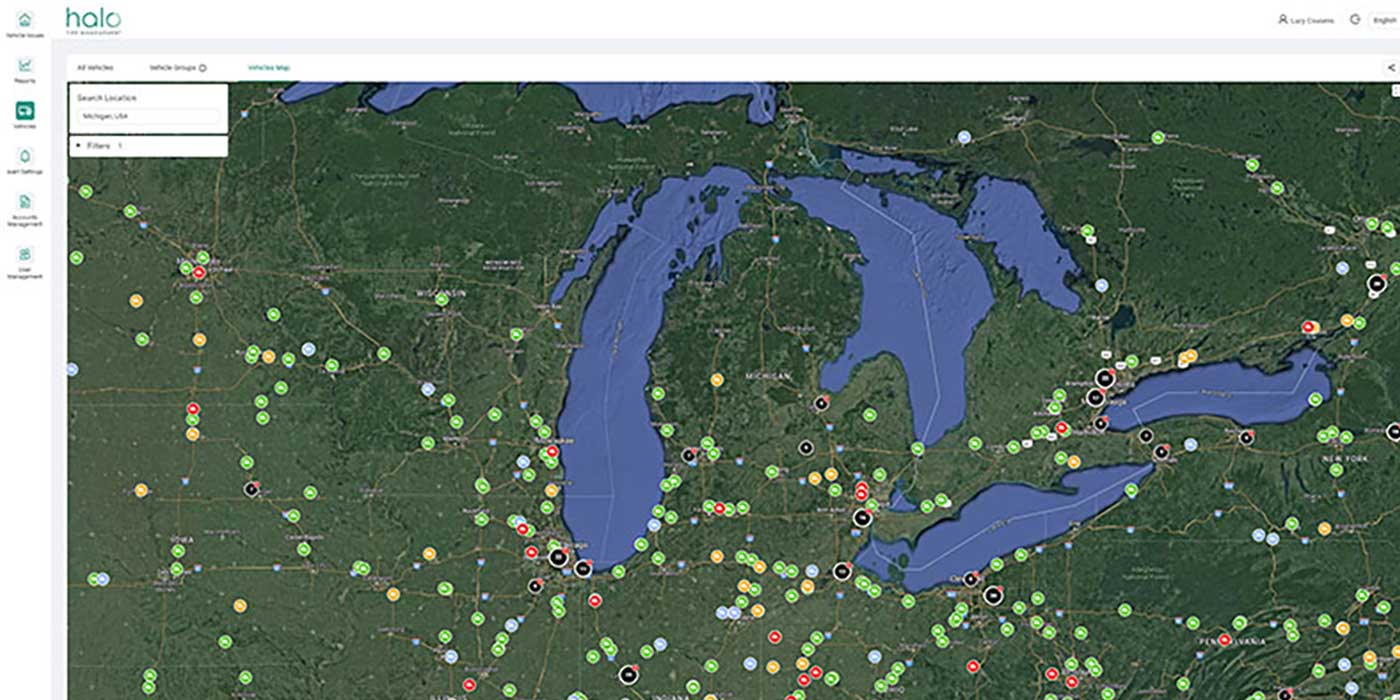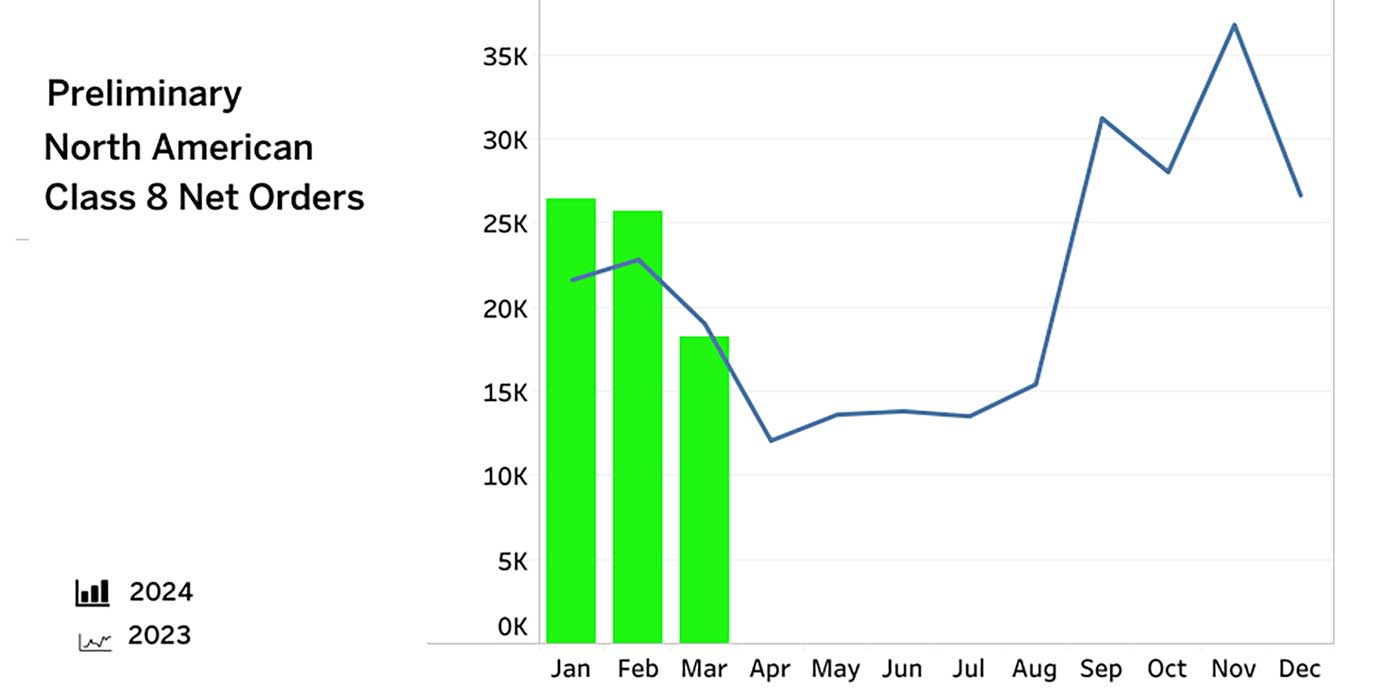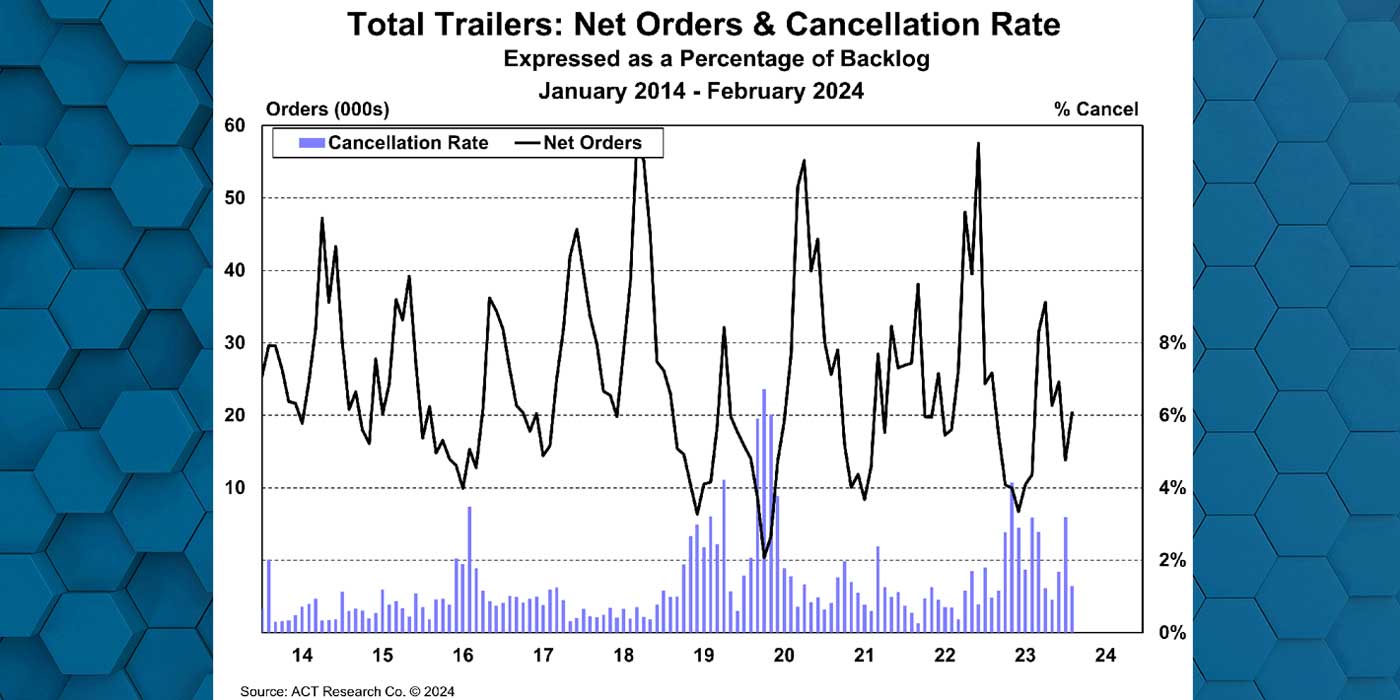As we continue to see more sophisticated technology integrated into commercial vehicles, and as fleets continue to add new trucks like they have over the course of this past year, fleets have also had to update technician and driver training to bring those folks up-to-speed on the changes—and what those mean for maintenance and driving performance.
To understand how fleets are changing to meet the demands of the current economic, regulatory and industrial environment, Fleet Equipment asked Chris Kemmer, owner of CK Commercial Vehicle Research and seasoned industry researcher, what her recent annual fleet survey uncovered. According to Kemmer, “We received comments from fleets that varied from shrinking to growing, doing more OTR to doing less, speeding up purchases to get new technology to slowing down purchases to digest what they have, and other opposing plans to meet the demands they are facing. It’s not a simple thing to understand the commercial fleet universe especially in times of change.”
Kemmer continued, adding that if you’ve been in the industry long enough you can remember “trends” that we were supposed to watch for such as private fleets outsourcing their trucking needs “because they wanted to concentrate on their core business” or fleets moving to outsource their maintenance again so they could “concentrate on hauling freight not fixing trucks,” etc. “The upshot is whenever you try to forecast a trend in this industry, it generally does not follow the projected trajectory,” she said.
In addition to new vehicle technology, this past year has seen an improved economy—bringing mixed reviews from fleets. The survey outlines how fleets address “the demands of the current economic, regulatory and industry environment” based on their own business environment. The survey uncovered a few popular ideas from the respondents, who report that they are:
• Adding technology to improve safety, fuel efficiency and retain drivers;
• More focused on freight such as maximizing loads, lanes and customers that generate the best revenue;
• More selective in freight they choose to haul;
• Addressing the critical driver shortage; and
• Trying to maintain flexibility shortage in order for them to haul more freight by adding capacity.
“Every study we do, including this one and our 2014 Annual Study, completed reinforces how wide spread the driver shortage is, impacting most fleets not allowing them to add capacity,” notes Kemmer. In many cases, fleets don’t even have enough drivers for the trucks they have let alone additional units. Replacement demand remains stronger than historic numbers as fleets chase better performance, better fuel economy and trucks drivers want to drive.
What might fleets expect in 2015? Kemmer believes that the driver shortage will remain an issue, but says fleets will still plan to order new equipment. Business is good now and she predicts a heavy demand for equipment the first half of 2015, adding that even though equipment utilization rate is down now and that parked vehicles up, there is no concern just yet.
For more information about the CK Commercial Vehicle Research 2014 Annual Fleet Study, send an email to [email protected].



